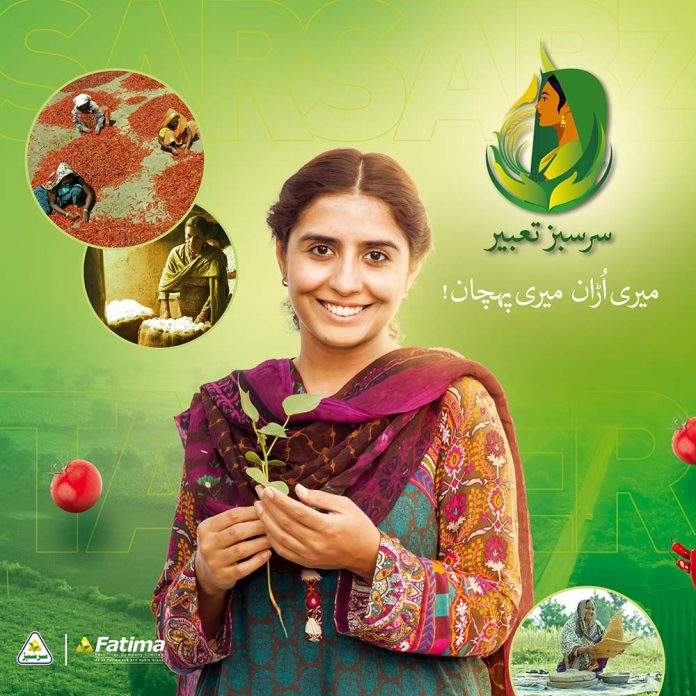In a nation where agriculture serves as the backbone of the economy, the role of women in shaping Pakistan’s agri-landscape cannot be overstated. With women constituting 49 percent of the country’s 228 million population and a significant portion of this strata residing in the rural areas, their potential towards driving agriculture growth is immense. Despite this substantial presence, women in Pakistan remain neglected of important opportunities that can transform their economic and social status. They face numerous challenges, mainly due to a persisting gender gap and their recognition in the agriculture sector remains underappreciated and ignored.
According to the World Economic Forum’s Global Gender Gap Report 2023, Pakistan ranked 142 out of 146 countries, reflecting a 57.5 percent gender parity—the highest since 2006. This alarming statistic highlights the urgent need for initiatives empowering and uplifting women, particularly in the rural communities.
Recognizing the potential of female farmers, Fatima Fertilizer launched the “Sarsabz Tabeer” program—an innovative initiative aimed at empowering women and revolutionizing Pakistan’s agriculture industry. This ground breaking program seeks to provide women with the training, resources and support necessary to realize their full potential as small scale agri-entrepreneurs.
“Sarsabz Tabeer represents our commitment to fostering a culture of inclusivity and empowerment among women in agriculture. Through innovative approaches and strategic partnerships, we aim to revolutionize the landscape of Pakistan’s agricultural sector,” said Rabel Sadozai, Director Marketing and Sales Fatima Fertilizer.
At the heart of the Sarsabz Tabeer program lies a commitment to education, financial empowerment, skill development and agricultural training. Through a comprehensive vocational training program, Fatima Fertilizer trains women with the skills to transform raw agriculture products into value-added sellable goods, such as jams, pickles, chutneys and ketchup. These products not only reduce food wastage but also serve as a source of generating additional income for female farmers.
To ensure the quality and effectiveness of the training, Fatima Fertilizer collaborated with USAID-certified trainer, ensuring that participants receive training of international standards. By providing women with access to vocational training and skill-building opportunities, the program aims to create a platform for them to succeed and contribute significantly to their communities.
Since its inception, the Sarsabz Tabeer program has made significant progress in empowering female farmers across Pakistan. Workshops have been conducted in cities like Faisalabad, Khanewal, and Lodhran, training over 1000 women and equipping them with the tools and knowledge needed to start their small businesses.
Looking ahead, Fatima Fertilizer plans to expand the program to smaller cities, focusing on regional fruits and vegetables like mangoes, oranges, dates, olives and strawberries. By providing training on diverse crops and produce, the program aims to empower female farmers to reach their full potential and drive innovation in Pakistan’s agricultural sector.
As we celebrate International Women’s Day, the Sarsabz Tabeer program serves as a ray of hope and empowerment for women across Pakistan. By investing in the education, training, and economic empowerment of female farmers, Fatima Fertilizer is not only supporting women’s empowerment but also promoting sustainable agricultural development and economic growth.
Rabel Sadozai said, “As we commemorate International Women’s Day, Sarsabz Tabeer stands as a symbol of our commitment to gender equality and inclusive economic development. We foresee a future where initiatives like these enable women to actively engage in shaping the agricultural landscape and fostering sustainable growth.”
While rallying for the rural women of Pakistan, Fatima Fertilizer is laying the foundation of a future where women play an important role in shaping the success and prosperity of their communities and the nation at large. Initiatives such as Sarsabz Tabeer hold the key to unleashing the potential of Pakistan’s female farmers, paving the way for a more equitable and inclusive society.


